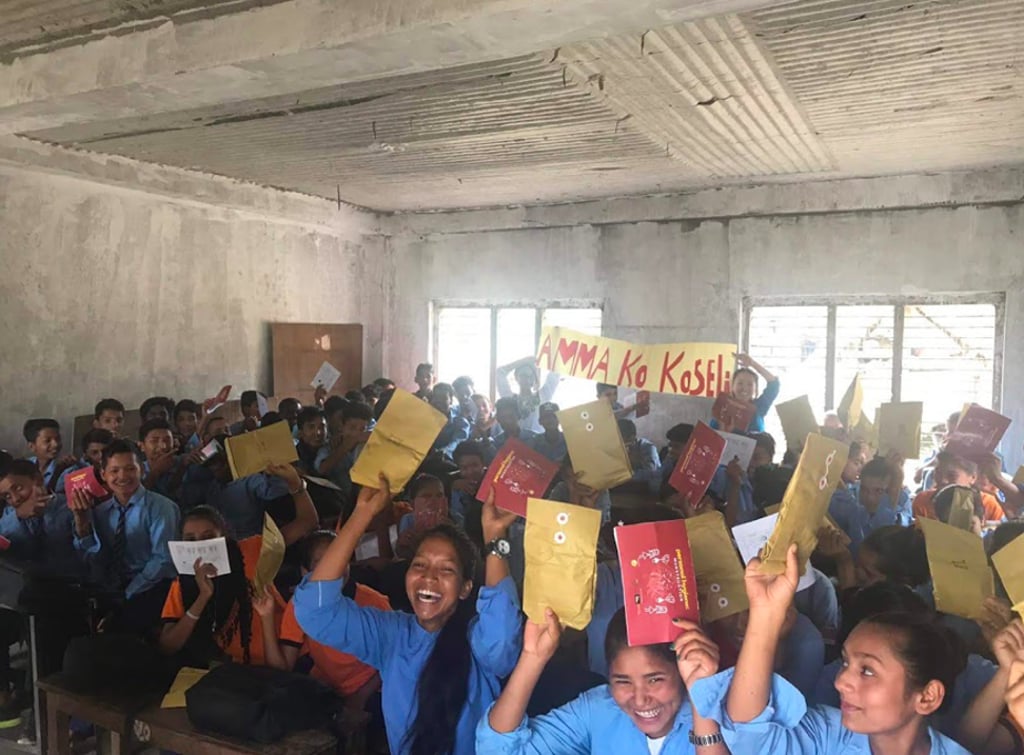Raising menstrual awareness and tackling its taboo: the non-profit on a mission to empower marginalised women
- Aama Ko Koseli, a new Hong Kong-based group, kicks off its menstrual movement next week with the documentary Project Untouchable Goddesses
- Focusing on a village in rural Nepal, it tackles the tradition of chhaupadi that sees women banished to huts when on their period

Bidhya Shrestha is on a mission to change a commonly held prejudice about marginalised women in developing countries.
“Many from privileged backgrounds assume that women of colour in some countries are uneducated and helpless … in desperate need of a voice. They have a voice – we just need to listen to them,” she says.
Born and raised in Hong Kong, Shrestha is majoring in gender studies at the University of Hong Kong. Earlier this year, the 22-year-old formed the non-profit organisation Aama Ko Koseli, which aims to empower marginalised women.
“The name loosely translates as ‘a mother’s token of love’,” she says. “It aims to bridge the social divide between us and them – the ‘others’ from a ‘third-world’ country.”

The organisation’s first major project is a documentary called Project Untouchable Goddesses that aims to remove the taboo of menstruation, normalise discussion on the topic and show that women in developing countries are informed on issues such as menstrual hygiene.